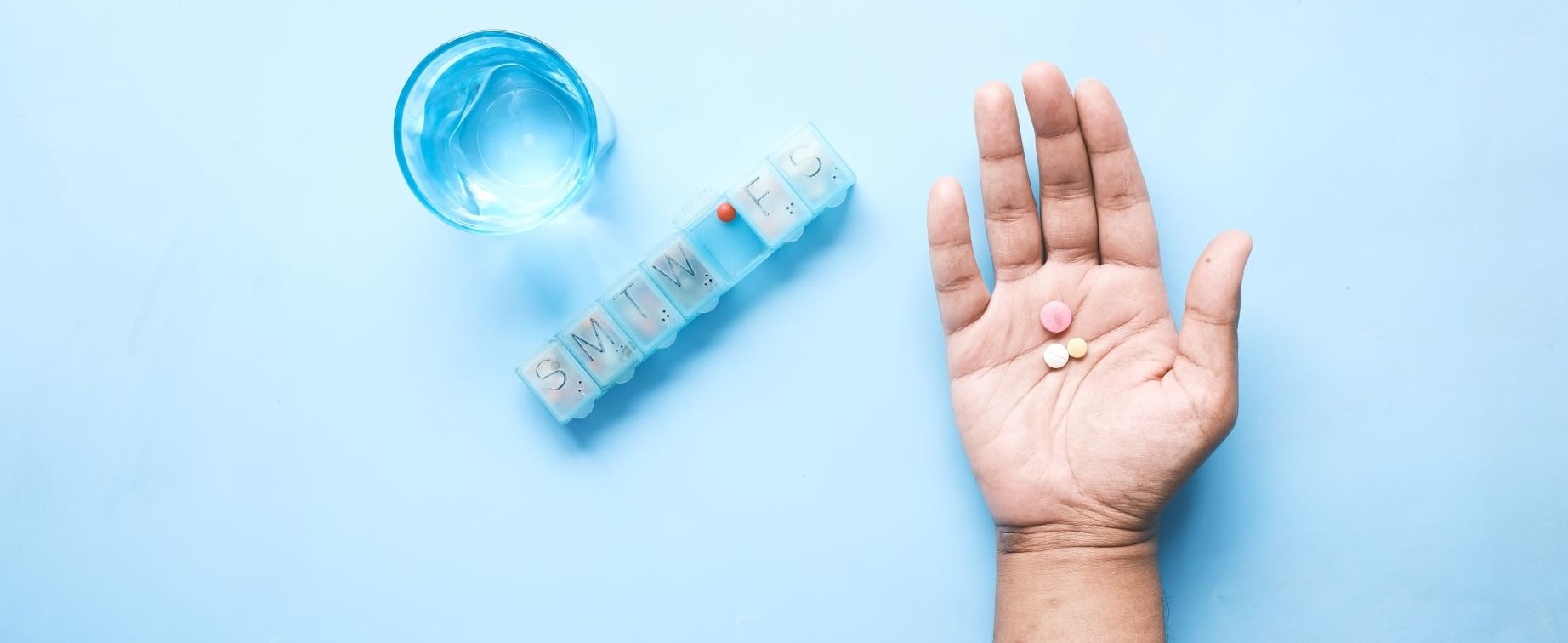Is your medicine cabinet home to a slowly growing collection of unused drugs? Many of us delay getting rid of expired medications because we don’t know what to do with them. If your bathroom is overdue for a deep cleaning, follow these tips to safely and properly dispose of pharmaceuticals.
Local pharmacies and take-back programs
Most local pharmacies are willing to take old medications for proper disposal. You can participate in National Prescription Drug Take Back Day, a program sponsored by the DEA to prevent misuse of prescription and controlled drugs.
Donation
Some non-profit organizations accept unused drugs by donation. Acceptable medications typically include:
- Drugs that aren’t expired or set to expire within 6 months
- Sealed bottles or blister packs
- Drugs that don’t require refrigeration
- Unopened sample packs
Do NOT flush
Toilets and sinks were once considered the standard method of safe drug disposal. But today, we know this practice has dangerous effects on the environment. Wastewater facilities can’t remove all traces of pharmaceutical chemicals, meaning flushed drugs end up back in our waterways.
Household disposal
Medications placed in the trash end up in landfills. While not ideal, this seems to have a lower environmental impact than the direct water pollution that comes with flushing. Throwing drugs in the trash also comes with the risk that they’ll be misused. This can affect children and pets in your home or wildlife later in the waste cycle.
If you absolutely have to put drugs in your household garbage, these steps will help you do it as safely as possible:
- Remove pills from original packaging and place in a sealable bag or container. To detract children and animals, mix with an unpleasant substance like coffee grounds, cat litter, or a strong spice like cayenne pepper.
- Scratch out or remove personal information from prescription bottles and recycle where possible.
- Pour liquid medications into a sealable bag or container to prevent leaks.
- Dispose of medications just before trash pickup. Leaving drugs in your household garbage or an outdoor bin increases the likelihood of accidental ingestion.
Medications and the environment
Proper disposal of unused medication is a good start in reducing pharmaceuticals in our environment. But the largest source of drug pollution is medication used by people. Our bodies only absorb a portion the drugs we take, while most of the chemicals are excreted in bodily waste and eventually arrive back in the water.
Drugs like painkillers, hormones, and antibiotics are found in waterways all over the world. In 1999 and 2000, the United States Geological Survey found up to 80 percent of the streams sampled were contaminated with pharmaceuticals and other chemicals.
This causes many environmental issues:
- Hormones interrupt the reproductive cycles of fish and amphibians
- Resistant bacteria, or “superbugs”, created by antibiotics
- Drugs poisoning specific species, leading to mass death and near extinction
- Chemicals in the environment eventually make their way back into drinking water
It isn’t yet known how pharmaceuticals in our water directly affect humans. But based on the impact on the rest of the environment, we know it’s important to dispose of drugs properly and use medication responsibly.
Save money on responsible prescription use
At Canada Med Stop, we help you save money on prescriptions in a safe and responsible way. Each prescription order must be accompanied by a valid script from your doctor, and we don’t ship out more than a 90-day supply at once. Click here to search for your medications and place.
DISCLAIMER: The content in this article is intended for informational purposes only. This website does not provide medical advice. In all circumstances, you should always seek the advice of your physician and/or other qualified health professionals(s) for drug, medical condition, or treatment advice. The content provided on this website is not a substitute for professional medical advice, diagnosis or treatment.
